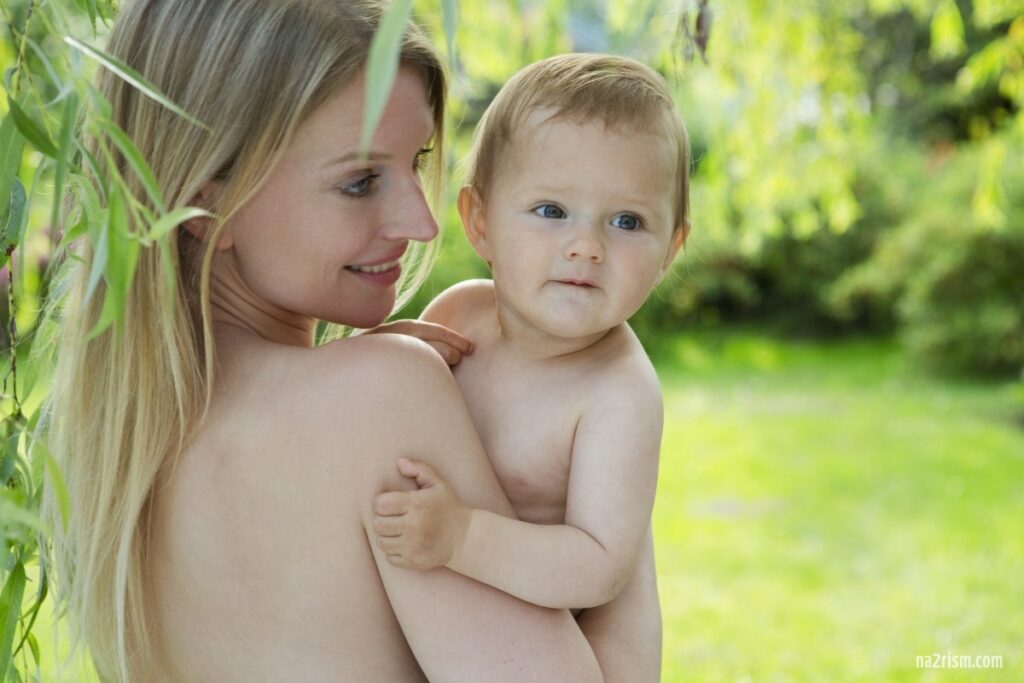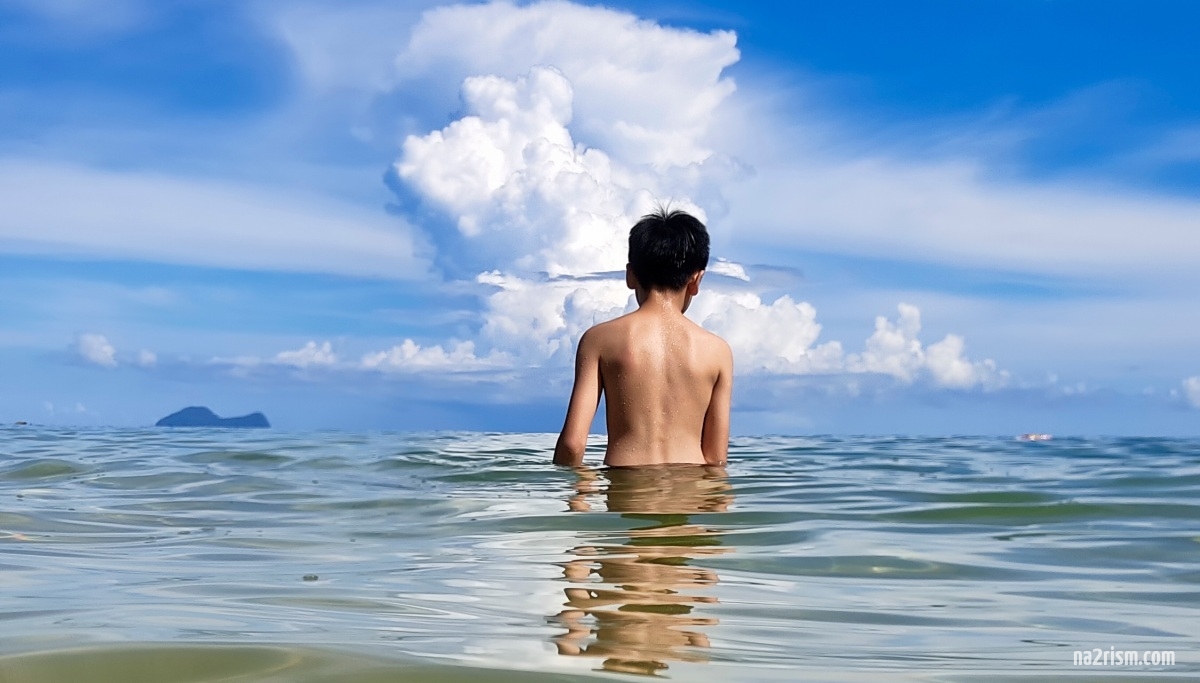Naturism, also known as nudism, is a lifestyle that involves being clothes-free in social and recreational settings. The practice has been around for centuries, but it wasn’t until the late 19th century that it became more organized and established as a social movement. Today, there are millions of people around the world who practice naturism, and many of them believe that it is a safe and healthy way of living.
However, the practice of naturism can be controversial, particularly when it comes to children. Some people believe that exposing children to nudity is inappropriate and potentially harmful. Others argue that naturism can be a positive experience for children, helping them develop a healthy body image and an appreciation for the natural world. So, is naturism safe for children? Let’s explore the issue in more detail.
First, it’s important to understand that there is no evidence to suggest that naturism is inherently harmful to children. In fact, many naturist families report that their children are happier and more confident because of their involvement in the lifestyle. Studies have also shown that children who grow up in naturist families are more likely to have positive attitudes towards their bodies and less likely to develop body image issues or eating disorders.

However, it’s also important to acknowledge that there are risks associated with naturism, particularly when it comes to children. For example, there is a risk of sunburn and skin damage if children are not properly protected from the sun. There is also a risk of dehydration and heat exhaustion if children are not encouraged to stay hydrated and take breaks in the shade. Additionally, there is a risk of insect bites and exposure to poisonous plants or animals if children are not careful when exploring nature.
Another risk associated with naturism is the potential for sexual abuse. While it’s important to note that the vast majority of naturists have no intention of engaging in sexual activity with children, there have been isolated incidents of sexual abuse within the naturist community. For this reason, it’s essential that parents take steps to ensure their children are safe at all times, such as monitoring their interactions with other naturists and teaching them about appropriate boundaries.
So, how can parents ensure their children’s safety while practicing naturism? Here are a few tips:
1. Choose safe and appropriate naturist environments. Look for established naturist resorts or clubs that have a reputation for being family-friendly and safe. Avoid secluded or isolated locations where there may be a higher risk of danger.
2. Educate your children about naturism and appropriate behavior. Teach your children about the naturist lifestyle and explain that nudity is a natural and normal part of it. However, also teach them about appropriate boundaries and how to protect themselves from potential harm.
3. Monitor your children’s interactions with other naturists. Be aware of who your children are spending time with and monitor their interactions to ensure they are safe and appropriate. If you have concerns about a particular individual, don’t be afraid to speak up and report any suspicious behavior to the appropriate authorities.
4. Encourage your children to stay hydrated and protected from the sun. Make sure your children drink plenty of water and take breaks in the shade to avoid dehydration and heat exhaustion. Also, ensure they are properly protected from the sun with sunscreen and appropriate clothing.
5. Be aware of the risks associated with naturism and take appropriate precautions. Educate yourself about the risks associated with naturism, such as sunburn, dehydration, and insect bites, and take appropriate precautions to minimize these risks.
In conclusion, naturism can be a safe and positive experience for children if appropriate precautions are taken. It’s important for parents to educate themselves about the lifestyle and the potential risks associated with it, and to take steps to ensure their children are safe at all times. With proper care and attention, children can enjoy the benefits of naturism, such as increased body confidence and a deeper connection with nature, while minimizing any potential risks. As with any lifestyle choice, it’s important to make an informed decision that works for your family and to always prioritize the safety and well-being of your children. By doing so, parents can help their children develop a positive and healthy relationship with their bodies and the natural world.

